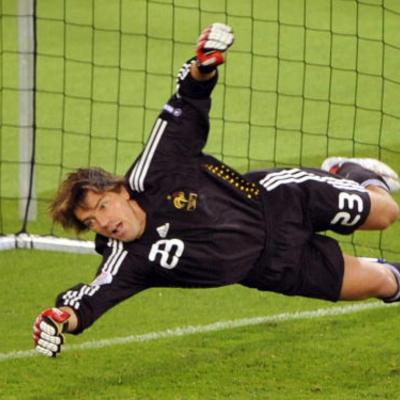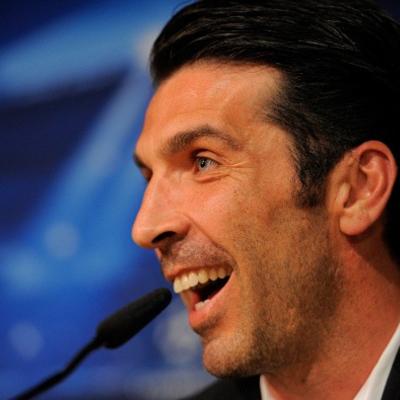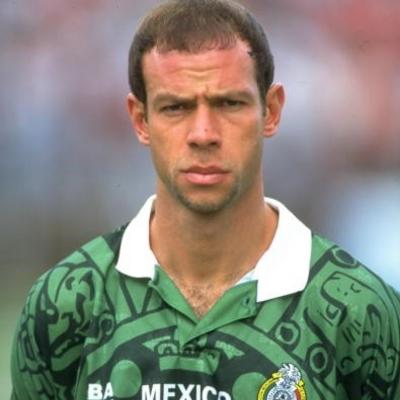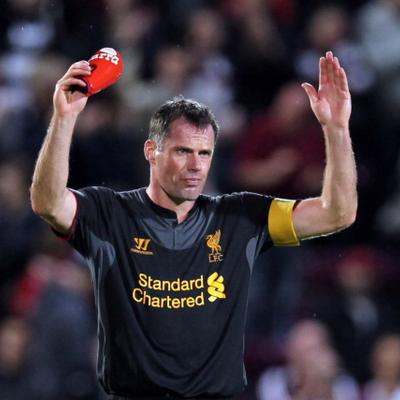What was George Best's Net Worth and Salary?
George Best was a Northern Irish professional footballer with a net worth of $250,000 at the time of his death in 2005. During the peak of his career in the late 60s, he earned around $150,000 per year, equivalent to around $1 million today, factoring in inflation. Despite his substantial earnings from salary and endorsements, Best admitted to spending 90% of his money on "women, drink, and fast cars." George had an estate valued at 138,000 pounds, which he left to his son, Calum Best.
Best played from 1963 to 1983, predominantly for Manchester United. Recognized as one of football's greatest, he secured two league titles, two Charity Shields, the European Cup, and a Ballon d’Or with United, topping the club's scoring charts for six seasons. Off the pitch, Best's extravagant playboy lifestyle led to personal struggles, including alcoholism, contributing to his early death in 2005.
Early Life and Education
Born on May 22, 1946, in Belfast, Northern Ireland, George Best was the first child of Anne and Richard Best. He grew up in Cregagh, alongside his siblings Carol, Barbara, Julie, Grace, and Ian. Academically talented, George attended Grosvenor High School and later Lisnasharragh Secondary School. His passion for football manifested early as he played for the Cregagh Boys Club.
Manchester United
At 15, Best was scouted by Bob Bishop of Manchester United and soon began his journey with the club. Turning professional in 1963, Best scored six goals in 26 appearances during his first season, aiding United's second-place finish. He captained the 1964 FA Youth Cup-winning team and was instrumental in United's league title and FA Charity Shield wins in 1965. His international fame surged after scoring two memorable goals against Benfica in the European Cup quarterfinals in 1966, a feat that helped United secure another league title and FA Charity Shield. The pinnacle came when United clinched their first European Cup in 1968, earning Best the FWA Footballer of the Year and Ballon d’Or.
Unfortunately, post-1968, Best's form declined, and so did United's successes. Manager Matt Busby's resignation marked the beginning of turbulent times. Disciplinary issues plagued Best, leading to suspensions and fines. Despite brief returns, his commitment waned, culminating in his final United game in January 1974.
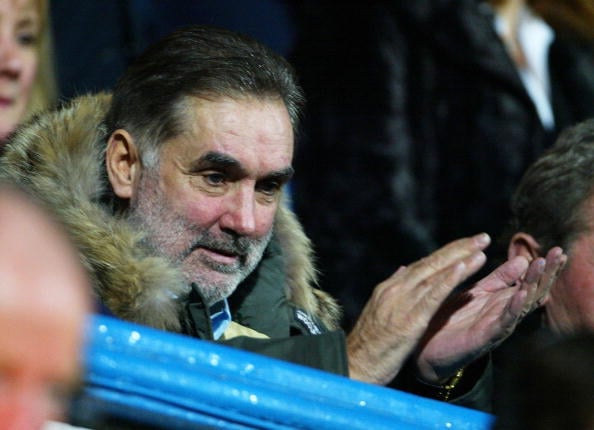
Getty
Later Playing Years
Post-United, Best meandered through various clubs worldwide. His journey took him to the Jewish Guild in South Africa, Cork Celtic in Ireland, Los Angeles Aztecs, Fort Lauderdale Strikers, and San Jose Earthquakes in the U.S., among others. He also played for Fulham, Hibernian, and briefly for Brisbane Lions in Australia before retiring in 1983.
International Career
Best represented Northern Ireland from 1964 to 1977, earning 37 caps and scoring nine goals. Despite his brilliance, he was surrounded by teammates of lesser caliber, describing his international career as "recreational football." Sadly, he never graced the World Cup or any major tournament finals.
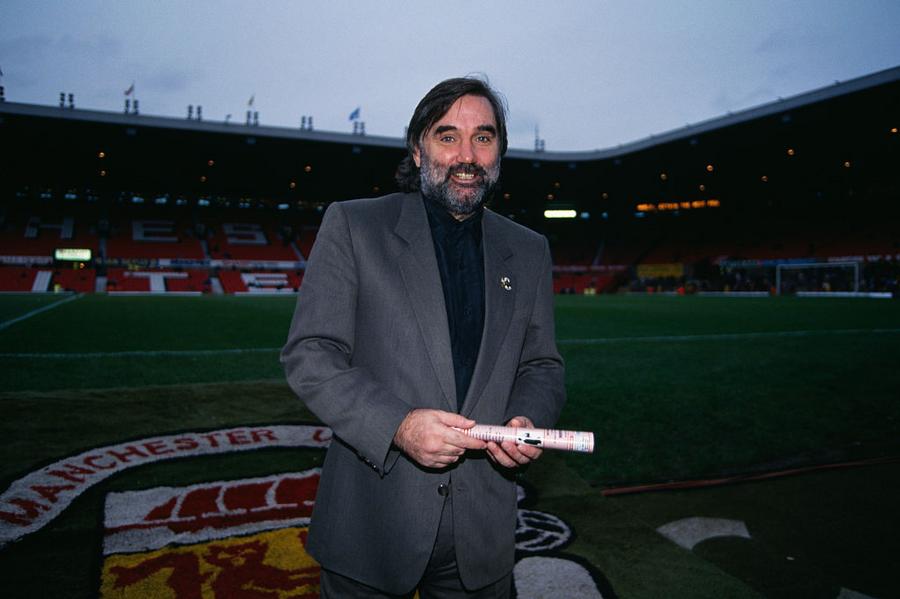
(Photo by Christian Liewig/TempSport/Corbis via Getty Images)
Legal Problems
Best faced numerous legal issues, primarily due to his alcoholism. Arrested multiple times throughout the 70s and 80s, he faced charges from assault to theft. Notably, in 1984, he served three months in prison for DUI and assaulting a police officer. Even after a liver transplant in 2002, which stirred controversy over its public expense, Best continued to drink, resulting in further legal troubles.
Personal Life and Death
Best's fame brought media attention, often highlighting his lavish lifestyle. Known for his good looks and relationships, he briefly dated actress Sinéad Cusack in 1971. Best ventured into business, owning nightclubs and boutiques in Manchester. He married model Angela MacDonald-Janes in 1978, with whom he had a son, Calum. They divorced in 1986. He later married Alex Pursey in 1995, but they divorced in 2004 amid allegations of domestic abuse.
His alcoholism led to severe liver damage by 2000, necessitating a liver transplant in 2002. Despite the successful surgery, Best’s continued drinking led to further health issues, and he was admitted to intensive care in 2005. George Best passed away on November 25, 2005, at age 59. Buried at Roselawn Cemetery in Belfast, his funeral was broadcast live, attended by thousands.


